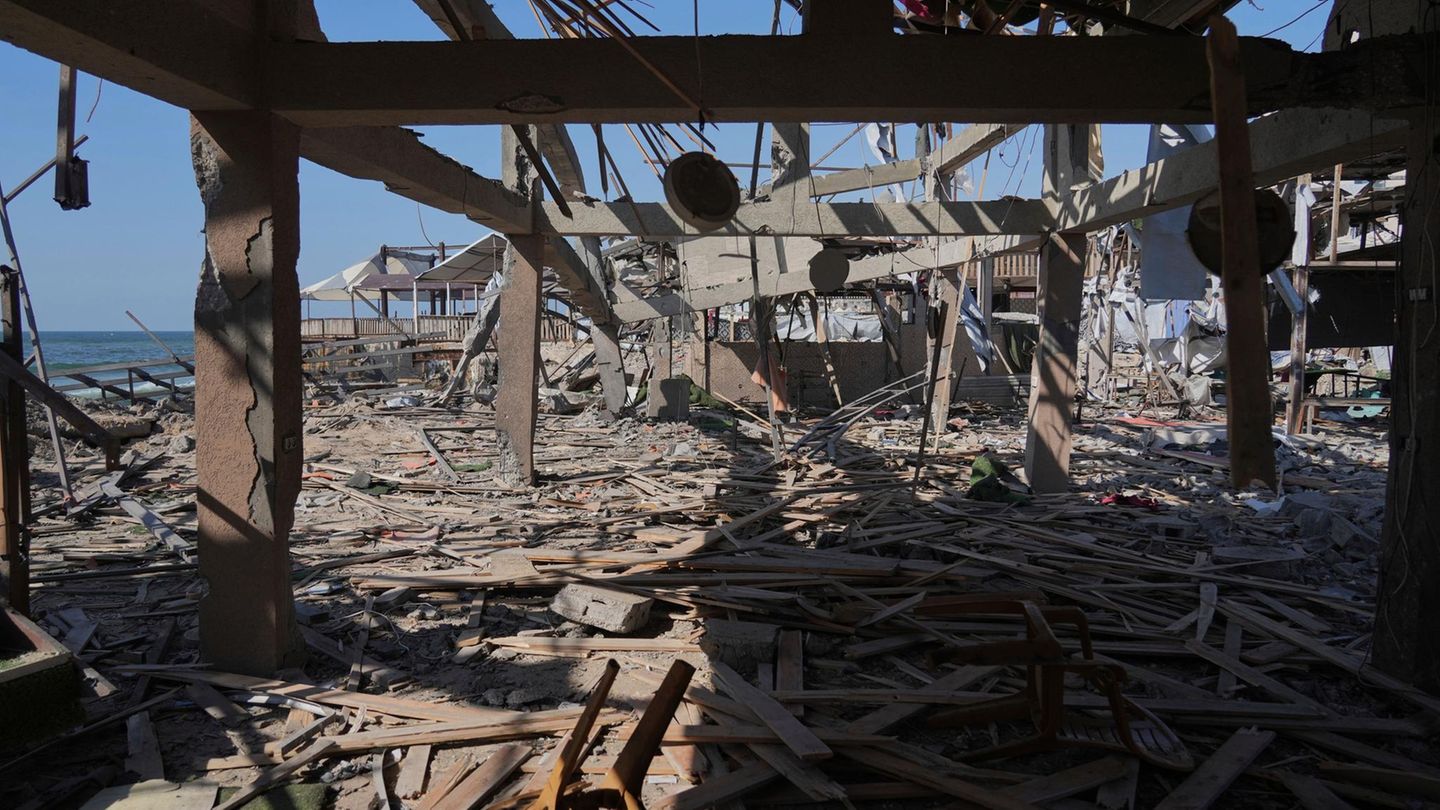What worries him most is that his Government is successful in carrying out what he has called a “cultural battle.” -they point out in the Casa Rosada- so that people leave behind decades of populism, statism and embrace the ideas of freedom.
For this reason, the president tells his loved ones that he is not interested in keeping the figure of Cristina Fernández de Kirchner as his opponent, despite what some analysts think. “My fight is not against people, it takes place in the field of ideas”he usually points out. The axis of the Libertad Avanza legislative campaign will go through “present to society a list of structural reforms that the country needs: tax reform; labor; provisional; reform of political parties, reiteration; anti-mafia law; national security reform; among others.”
But, with the current composition of Congress, it is difficult to think that any of these projects can be approved. From the presidential environment, they reply: “the legislators will be exposed that they do not want to contribute to changing the country.”
“In the same way that fiscal balance and non-emissions are the cornerstone in economic matters, the ‘cultural battle’ is the axis of political action” that the head of state is trying to carry out, according to one of his closest collaborators.
Failure of traditional politics
Milei, a person who until a few years ago was unknown, considers that he has largely reached the presidency of the Republic due to the failure of traditional politicians, after years in which the historical parties did not respond to the demands of the people.
This diagnosis is what leads the head of state to consider that an important part of his responsibility is that this change is not limited to a reaction to the past, but rather gives rise to the predominance of a new ideology.
In short, Milei comments that this implies that people understand the importance of freedom and commit to this ideal, that they understand that a large State is not a State that protects, but rather one that oppresses.
On more than one occasion he has indicated that his greatest aspiration is that Argentina “becomes the freest country in the world”that is, each citizen has the possibility of deciding to start a business, study, work or travel – in short, about their life – without ties from the Government.
Milei also usually says privately that she knows that this battle it’s not easy. In this regard, he considers that the country has been – with greater or lesser intensity – suffering many years of statism that, according to his interpretation, led it to the decay.
The dirigiste policies that began with Peronism in the 1940s and deepened with Kirchnerism in the 2000s are well known, but military governments also maintained strong state interference, even though they proclaimed themselves “liberal.”
The presence of a strong State and “corrupt politicians who enriched themselves at the expense of good Argentines” was possible due to the propaganda in their favor that precisely those politicians made, according to the evaluation of the strategists of La Libertad Avanza.
They explain that it is common to hear in the speeches of these leaders that they “thank” the president, or the minister or the mayor for carrying out a certain work, as if the resources belonged to them and they had graciously given them up, when in reality they are the taxes that allow the realization of these projects. The problem is that many people has no conscience of this situation, they say.
Worse still, this lack of awareness led to “the State is responsible for enormous injustices such as the fact that the VAT paid by a poor person from the Buenos Aires suburbs when they buy milk serves to solve the deficit of Aerolíneas Argentinas, a company that uses a privileged portion of the population.”
In the Government they know that changing the culture takes time. “At the beginning of last year, a large part of the people did not support the idea of privatizing Airlines, in the middle of the year the outlook was different,” they confess in the Casa Rosada, while expressing their doubts about what the majority position will be today.
The memory of Mauricio Macri’s government, which was widely accepted at the time, faded in just four years. “We don’t have to let our guard down, we don’t have to rest on our laurels,” The President usually recommends to his collaborators. The thing is, Argentines come from many unfulfilled promises and, it is logical, that at the slightest difficulty, distrust sets in.
Source: Ambito
I am a 24-year-old writer and journalist who has been working in the news industry for the past two years. I write primarily about market news, so if you’re looking for insights into what’s going on in the stock market or economic indicators, you’ve come to the right place. I also dabble in writing articles on lifestyle trends and pop culture news.




